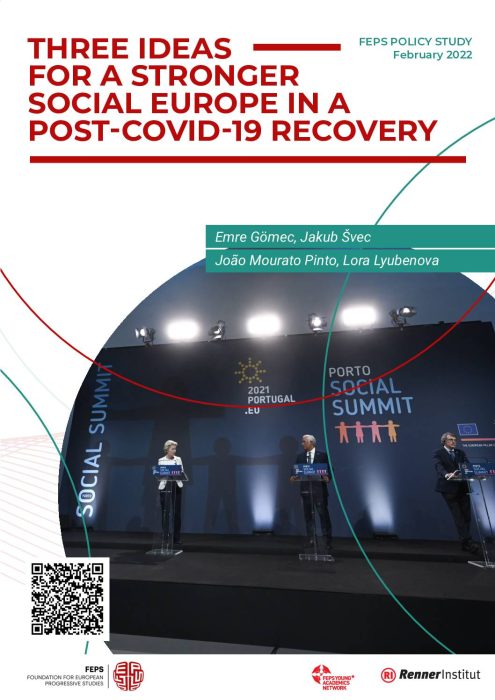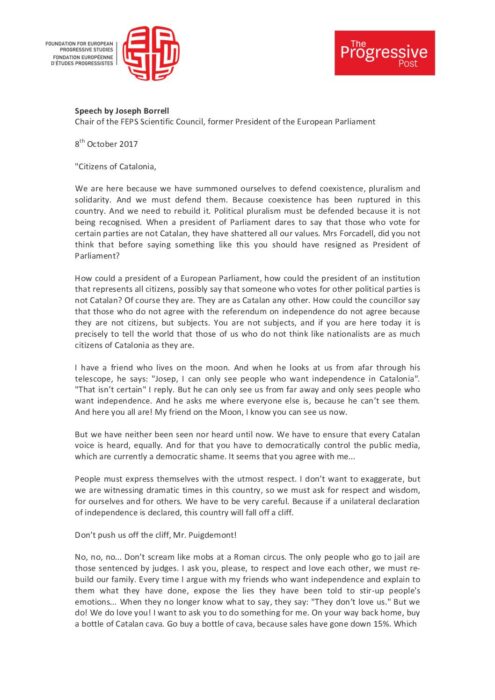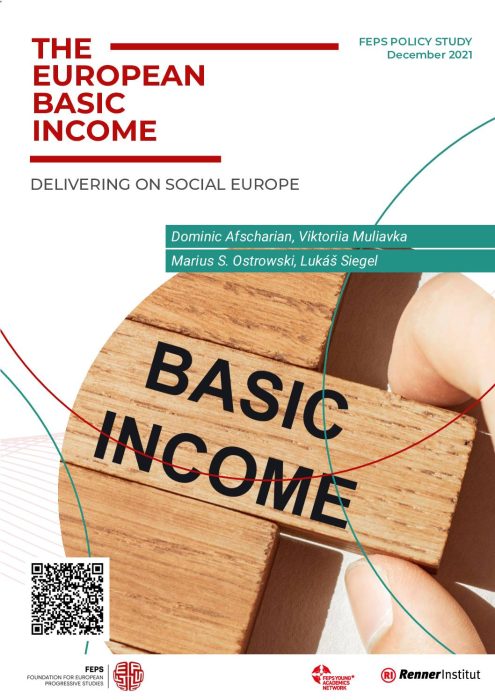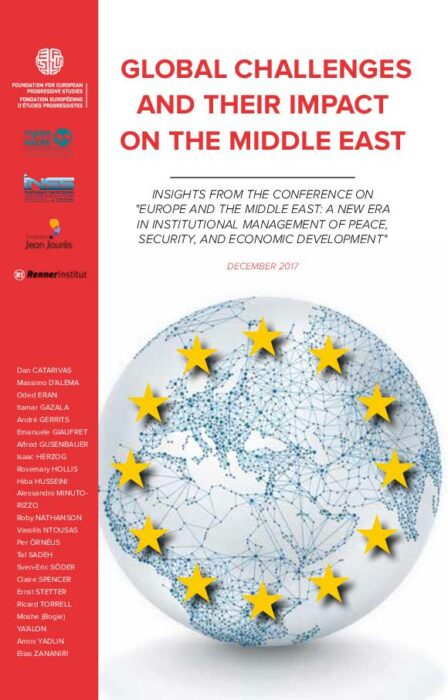Political scientist, Philosopher
University of Žilina, Slovakia
Research fellow
Jakub Švec is a young researcher. Jakub’s current occupation is the head of the Department of Philosophy at the Faculty of Humanities of the University of Žilina, Slovakia. He completed his bachelor's and master's studies at the Catholic University in Ružomberok (2012-2017), Slovakia, in the field of political science, and his doctoral studies at the Faculty of Arts of the Matej Bel University in Banská Bystrica (2017-2020), Slovakia, in the field of systematic philosophy. Jakub participated on various study and research stays abroad: Institute for Social and European Studies in Kőszeg, Hungary (2014), Cardinal Stefan Wyszyński University in Warsaw, Poland (2016-2017), Institute of Advanced Studies in Kőszeg, Hungary (2016-2017), University of Ostrava, Czech Republic (2018), University of Silesia in Katowice, Poland (2019). Jakub’s scientific research is focused on social and political philosophy, especially aimed to issues of social justice, equality and freedom, mostly in the context of early liberalism. He is the author of several scientific articles in the Web of Science and Scopus databases as well as the scientific monograph "In the Captivity of Freedom - The Need for a Philosophical Reinterpretation of Freedom." As a member of the working group "Social Europe" within the FEPS Young Academics Network, he tries to present in the output publication the ideological and value background of the origin, development, and current problems of the European left, which according to him must return to its original idea. The current intention in scientific activity is to defend two kinds of freedom.
Three ideas for a stronger Social Europe in a post-COVID-19 recovery




Through its eclectic 20 principles, the European Pillar of Social Rights is an opportunity to break silos and look at social development as the network of challenges that it truly is.
Departing from the rather long history of European social rights, the implementation of the EPSR must follow a holistic approach, identifying synergies with discussions it already hints at in its 20 principles.
In order to contribute to the identification of such synergies, this paper attempts to shed light on three transversal issues that national governments and the European Commission must bear in mind when implementing the EPSR: civil rights; labour relations; and gender equality. The analysis departs from the setting of the current model of welfare state in post-World War II Europe and it ends with the Porto Summit 2021, reflecting on the documents approved and what they can mean for a post-COVID-19 Social Europe.
Read the Paper:
Three ideas for a stronger Social Europe in a post- Covid 19 recovery
Political Mentor: YES Vice President and S&D MEP Alicia Homs
Academic Mentor: Matjaz Nahtigal, Associate professor at the Faculty of Social Sciences, University of Ljubljana